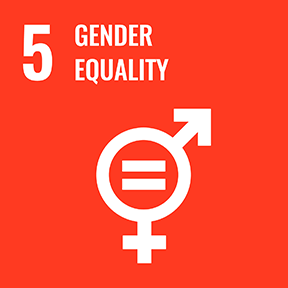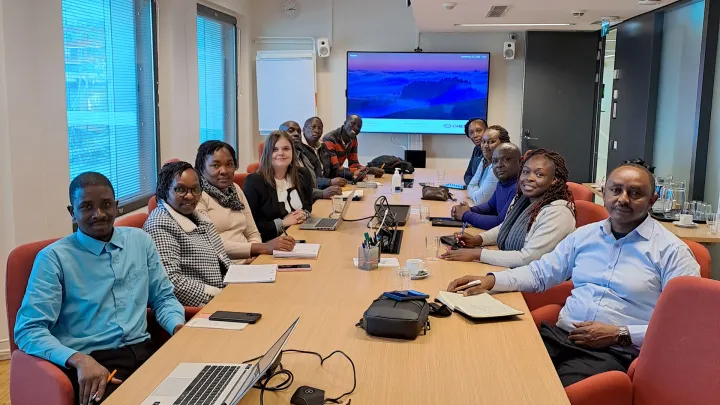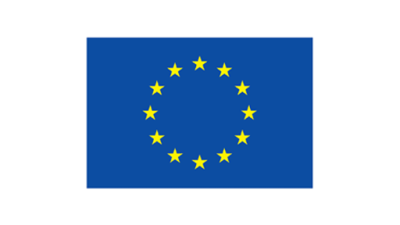Project
Improved pedagogical capacity of TVET in Kenya
Project sponsors
Project type
Focus area
Implementation time
5.12.2023
-
30.11.2025
Project unit
Financing program
Other EU funding
UN Sustainable development goals

Project description
The project is based on the idea of exploring the application of Finnish best practices and modern technology in the Kenyan context: experimenting, adjusting and creating innovations. The process starts with a competence mapping and a needs analysis in the participating Kenyan technical vocational education and training (TVET) institutions.
Based on the competence mapping, needs analysis, and participatory planning of the next steps of the project, the idea is to organize a reflective 9-month professional development program (PDP) in Kenya. The PDP includes sharing practices, tools and ideas, coaching teams and individuals in their case studies and pedagogical experiments, creating reflective sessions, facilitating the processes oc co-creating new pedagogical practices and innovations and sharing them.
The project will be carried out as a process that involves learning at all the stages. At the same time, specific attention will be given to producing concrete outputs that will last and support the core tasks of the Kenyan TVET institutions after the project ends.
The project will conclude in April 2025 with a seminar for a larger audience (institution leadership, representatives from the embassy and funder and ministry). At that time the achievements of the project will be presented along with how these developments could be more broadly utilized in the daily operations of the vocational institutions.,
Contact person:
Seija Koskela, senior lecturer, School of Professional Teacher Education.
Project results
December 11th 2024
The project has now been running for nine months and has progressed according to the plan. During the three training workshops held in Nairobi participants have gained knowledge about the Finnish workplace learning and related practices, digital learning environments and learner-centred pedagogical approach.
Utilizing this information they have developed practices and methods for their own institutions.
Examples include:
- Bringing industry to institution (simulation)
- Project based learning
- Creating a policy tool for dual TVET
- E-portfolio development
The project's closing seminar was held in April 2025 in Nairobi, coinciding with the last training of the participants. During the closing seminar the participants presented their development works to the representatives of the miinistry, Finland's embassy and GIZ. Also the institutions' leadership were present. The development works were found interesting and the general feedback was that the student centred approach had taken a big leap forward.
The participating individuals also had personal feedback and reflection discussions with Jamk trainers. In these discussions it was noted that the project had benefitted them personally and institutionally: they had learned new practices, student-centred pedagogy and digital tools to be used in workplace learning and Dual TVET.
The aim of the project was to develop at least six new practices or tools to develop Dual TVET - in the end there were nine new pilots or strategic papers to develop Dual TVET. The participants were committed in their development work and have the intention to continue the development in their institution.
29.4.2025

News
Jamk strengthens the skills of vocational teachers in Kenya – Finnish practices explored during visit in January
Jamk University of Applied Sciences is implementing a project aimed at enhancing the skills of vocational teachers and strengthening the work-related learning in Kenya. It is part of the Youth Employment and TVET in Kenya program.
